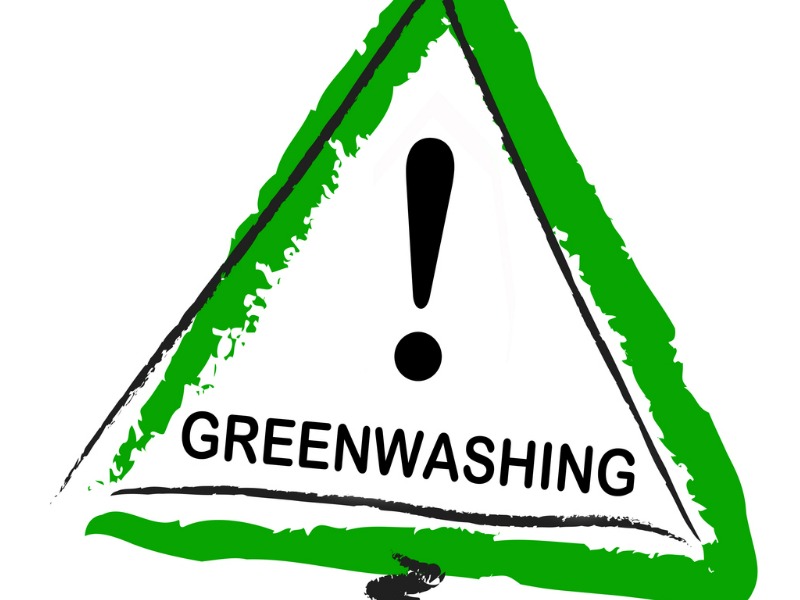
Securities regulators are making efforts to curb greenwashing in the investment business, but the phenomenon remains a challenge to regulators and industry alike, according the International Organization of Securities Commissions (IOSCO).
The umbrella group of global regulators issued a report detailing its review of supervisory attempts to combat greenwashing in various markets — including measures to regulate asset managers’ disclosures and labels for sustainable finance products, targeted regulatory guidance, and enforcement actions.
Despite these efforts, “greenwashing remains a fundamental market conduct concern that poses risks to both investor protection and market integrity,” the report said.
“Whether intentional or not, greenwashing negatively impacts investor confidence,” noted Grant Vingoe, CEO of the Ontario Securities Commission and co-chair of IOSCO’s sustainable taskforce group on promoting good practices, in a release.
Greenwashing risks are a particular challenge for regulators as they can take different forms, they vary in scope and severity, and can occur throughout the industry, the report noted.
The challenges facing regulators include the lack of a global definition of greenwashing and the lack of standardized ESG data, it said.
And, while enforcement actions have targeted greenwashing-related violations, “it is still necessary to fully test the adequacy and effectiveness of these mechanisms,” the report stressed.
“Supervisors have a key role to play by ensuring that there are responsible risk monitoring and management processes in place, and by promoting decision-useful information for investors. In doing so, supervisors can help foster a culture that will prevent harm and promote investor confidence in sustainable finance,” Vingoe said.
IOSCO noted in the report that the financial industry must also join the fight against greenwashing, given the overarching threat to the reputation of global sustainable finance markets.
“In recent years, there has been a growing recognition of the economic and financial materiality of climate change and ESG considerations. But there is also a growing concern against misleading claims about ESG risks, opportunities and impacts,” said Jean Paul Servais, chair of the IOSCO board, in a release.
“Internationally, industry participants, investors, regulators and policymakers have stepped up their efforts to address such risks of greenwashing. It is key to promote cultures that support good practices aimed at protecting investors and fostering market integrity,” he added.
One key development to curb greenwashing is establishing consistent, comparable and reliable sustainability disclosure standards for issuers, the report said.
To that end, IOSCO has endorsed the International Sustainability Standards Board’s proposed standards, and is now calling on regulators and policymakers around the world to implement those standards.
While global disclosure standards for issuers are closer, efforts to regulate ESG ratings and data providers are in their early stages and remain fragmented, it noted.
“These are, nevertheless, important initial steps of many before the entire ecosystem is ready,” IOSCO said.